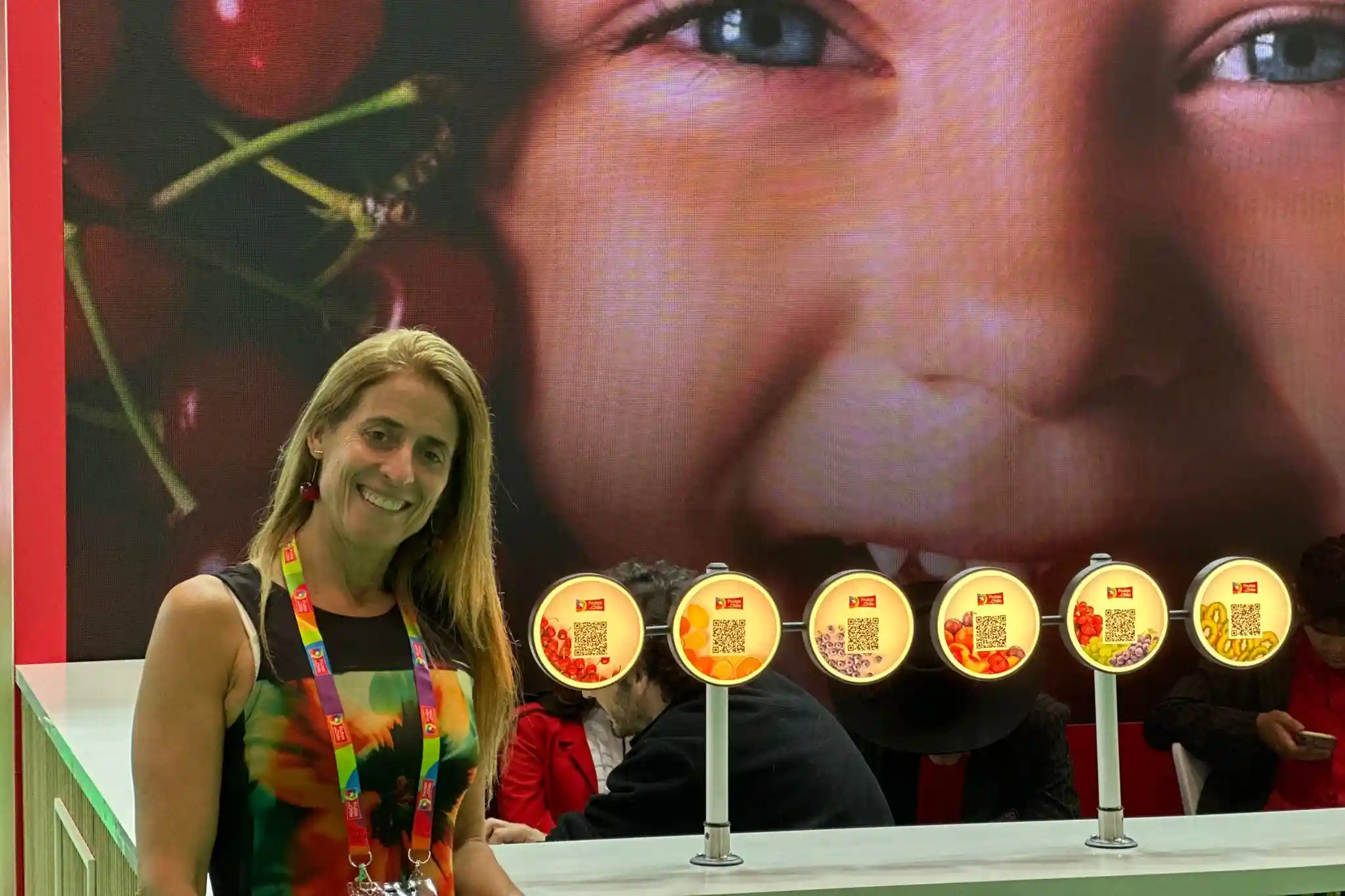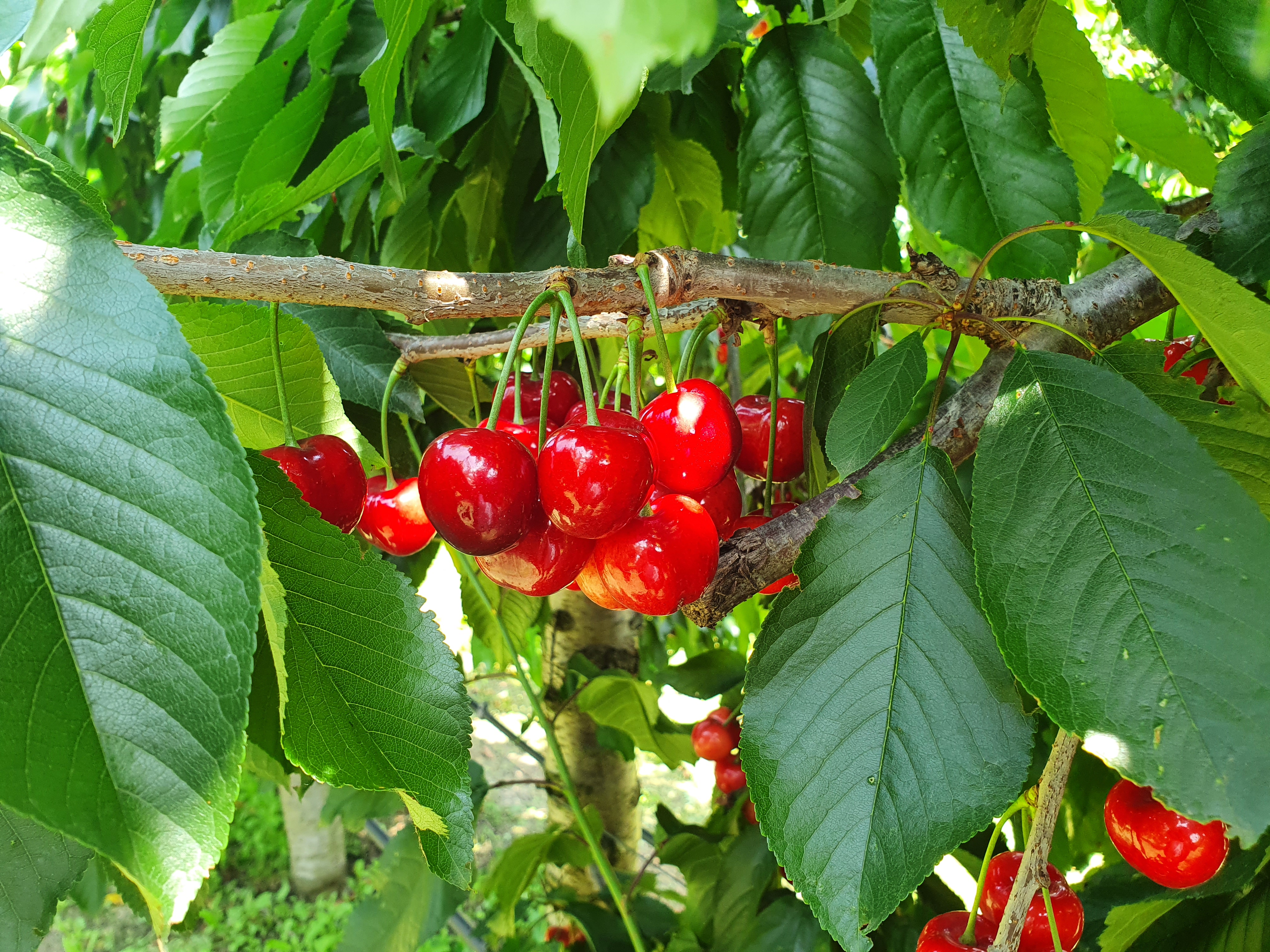The evolving landscape of cherry cultivation
Cherry cultivation has traditionally been limited to cool climates with long winters due to its need for chill hours. With global warming and milder winters, many cherry growers face challenges in meeting these chill requirements.
Bloom Fresh has developed low-chill cherry varieties to address these issues. According to Josep Estiarte, CEO of Bloom Fresh, “Our low-chill cherry varieties were created in response to the growing concern about climate change and its impact on traditional cherry-growing regions.”
Climate change challenges and chill hours
Traditional cherry varieties require 800 to 1,000 chill hours, with temperatures dropping below 7.2°C (45°F), to break dormancy and produce fruit. Rising global temperatures have made it harder for many regions to provide these hours, threatening cherry production.
Estiarte explained, “Most traditional cherries need a minimum of 800 chill hours, but our low-chill varieties can produce with less than half, opening up opportunities in milder climates.”
Growing seasons and yield benefits
Low-chill varieties offer a prolonged growing season and increased yields of 20-30% compared to traditional types. This allows farmers to better plan and take advantage of an extended market window.
Sustainability and reduced carbon footprint
Low-chill cherries also support sustainability by enabling growth closer to consumer markets, reducing the need for long-distance transport and supporting local economies.
Future prospects
As climate change continues to impact agriculture, low-chill varieties are expected to play a critical role in the future of cherry cultivation, offering a long-term solution to adapt to changing climates. Bloom Fresh plans to keep innovating and expanding production with a focus on sustainability and market demand.
Read full article: iGroNews
Cherry Times - All rights reserved










